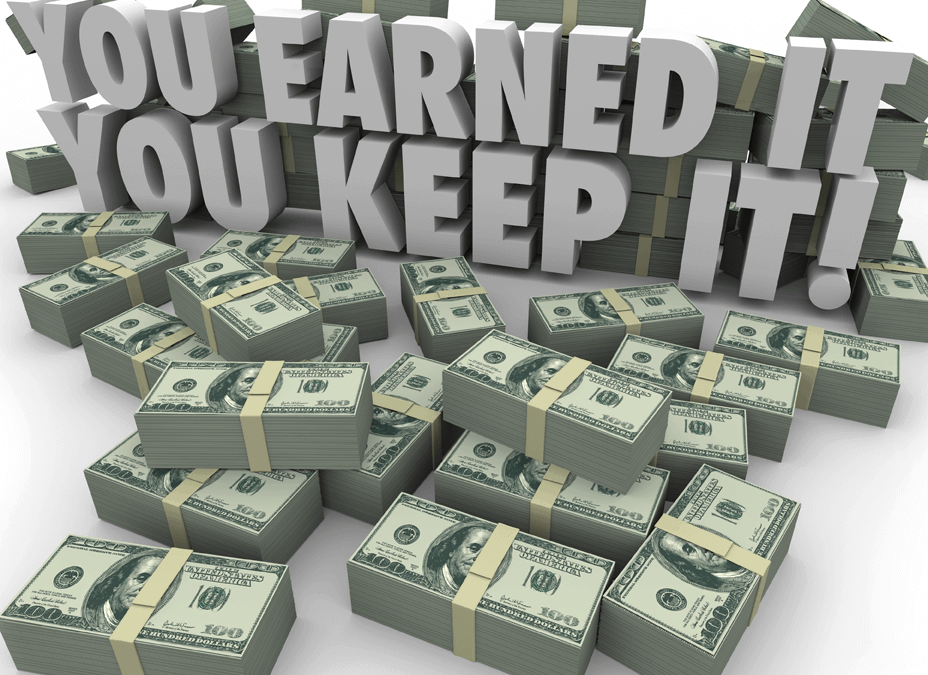As a private practice owner, I have a natural disdain for paying taxes. I see how much my partners and I, and all of our clients pay every year and I dream of all the business expansion and wealth building which could occur if 25-40% of our production was not siphoned off towards the federal and state governments.
So it begs the question, how do other corporations and businesses handle the huge amount of taxes that are required to pay? Why is it that practice owners routinely need to get additional loans, set up a payment plan with the IRS, or worst of all have to dip into your retirement or reserve accounts to pay your taxes. Let’s address the latter question first.
Almost all private practices are set up as an S corporation or an LLC taxed as an S Corp. Your accountant generally has you pay yourself a “reasonable salary” which has taxes automatically taken out like any other employee. In addition, you also may take profit distributions or simply leave money sitting in the business checking accounts. Either way, that is considered earned income and you owe taxes on that money.
When you review your profit and loss statements (which all of you love to do) you have 3 basic categories:
- Income or Revenue – (most important)
- Expenses – (least important)
- Net Income or your Profit – (really important)
The net income number is the key number from a tax standpoint because that amount is going to generally pass through to your personal tax returns and you owe taxes on that amount. Unless the correct amount of quarterly tax estimates were paid throughout the year, the practice owner is usually faced with a huge tax liability that they can’t pay because they spent all their reserves on some other “necessary expense.” Here starts the dwindling spiral of never being fully caught up on your taxes and having to come up with unusual solutions to pay them.
So how do big companies seemingly never have this problem? Simple, they account for taxes as part of their operating expenses and embed them into the costs of doing business. Every insurance premium you pay, every phone bill, every hotel stay has part or all of the ownership or shareholders tax liability embedded into the cost. They make it part of what the organization needs to produce every month in order to stay profitable and solvent. They understand taxes are a necessary expenditure and they pass that expense on to the consumer. You can have an ethical or moral disagreement with this concept but you cannot argue with the economics of the situation. If you are not bringing in income at a much higher margin then what is going out, then your business will be insolvent, debt-ridden, and eventually worth very little on the open market. Your personal taxes are a direct result of the profit of the business. Therefore, you must ensure that you are charging or producing enough income in the business to be able to cover that tax liability. Here is one way to do it:
- Review your last year’s tax liability (it is on page 2 of your 1040).
- Take that amount and add 20% (to take into account growth).
- Divide that number by 12 months.
- That is your monthly tax bill and should be added to your Monthly business Make/Break number.
- Set up a separate tax account and flow that amount into that account.
This is a very rudimentary example. You should ultimately consult your accountant to ensure the best method is being utilized based on your situation.
Taxes are only a problem when you do not account for them as part of the organizational requirements needed to run a thriving and expanding business.

Recent Comments